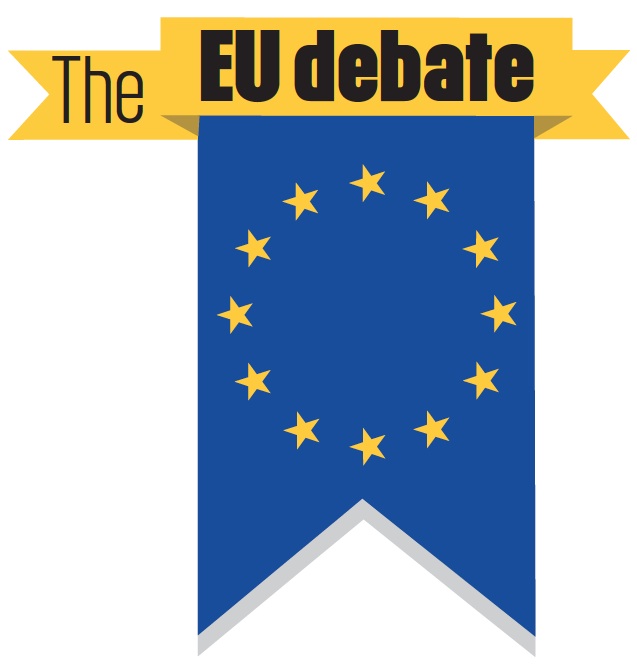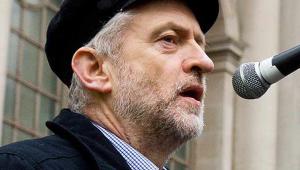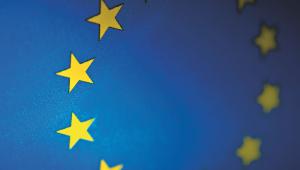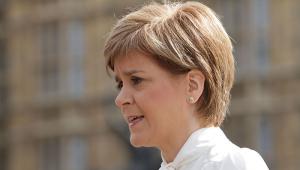There will be no rest for the voters of Scotland in 2016. They have the Scottish parliamentary elections to look forward to in May, then a referendum on Europe if prime minister David Cameron gets his way. It’s only 18 months since Scotland went through the trauma of the referendum on Scottish independence.
This time, the coalition of forces could be very different. For a start, most nationalists, led by first minister Nicola Sturgeon, will be arguing along with David Cameron that Scotland will be better off remaining in the EU along with the rest of the UK. Brexit voters, meanwhile, will be arguing that Britain should seek independence from Europe.
What is not in doubt is that Scottish voters are more sympathetic to Europe. Recent polls suggest that Scots favour remaining in Europe by a margin of around two to one. South of the border, the race is much closer.
Yet the way in which the campaign is conducted could have a significant impact on Scottish attitudes to the EU. Now that Cameron has said members of his cabinet can campaign against Britain staying in the EU, the debate is likely to be much livelier and this will be reflected in the Scottish media. Europe has not been a defining issue in Scotland in recent years, and a dormant anti-European vote might emerge as the debate develops.
For most of its existence, the Scottish National Party was either indifferent or opposed to the EU, and it is only since the 1990s that it has become markedly europhile. This has led to a number of contradictions with its nationalist ideology.
The SNP opposes using the euro and wishes to remain in a currency union with the rest of the UK, if and when Scotland becomes independent. However, Sturgeon is adamant that, if the UK votes to leave the EU, there should be a second referendum on Scottish independence, presumably so that Scotland can join the EU.
That would leave Scotland in a confusing position: in a currency union with England while also in a union with Europe in which membership of the euro is supposedly mandatory. However, Britain has opted out of the euro and so, presumably, could Scotland. Europe is also looking less “federal” as borders have been re-erected to deal with the refugee crisis.
And there are further contradictions. The SNP is opposed to the deflationary policies known as “austerity” that have been imposed by Brussels and the IMF on countries such as Greece, which have effectively had to relinquish control of their financial affairs. It does seem curious that Scottish nationalists are so keen on diminishing Scottish national sovereignty by submitting to the conservative banking establishment that dominates Europe.
While questions remain about the SNP’s attitude to Europe, what is not in doubt is that it is on course to win another massive victory in the Holyrood elections. In the final five opinion polls of 2015, the SNP lead over Labour has never been less than 30%.
Indeed, the story of the Scottish parliamentary elections looks like being the race for second place, between Kezia Dugdale’s Scottish Labour Party and the Scottish Conservatives led by Ruth Davidson. Labour’s attempts to become a more independent force in Scotland, adopting left-wing policies on matters such as nuclear defence, have not yet led to electoral recovery.
Whatever the contradictions in the SNP’s attitude to Europe, the Scottish voters seem content to see Nicola Sturgeon running Scotland for the foreseeable future.













